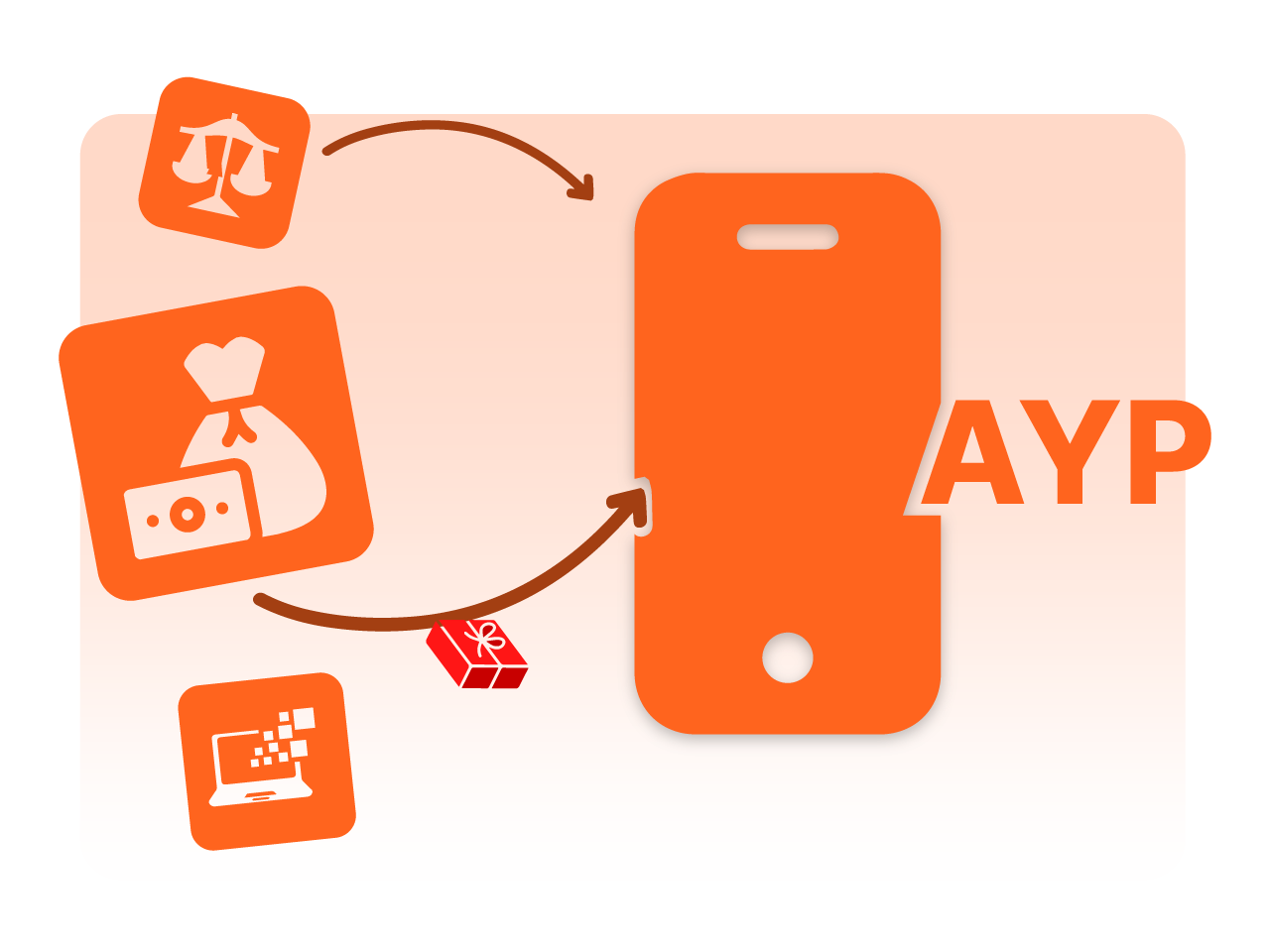Discover how having an Employer of Record (EOR) in Taiwan helps businesses hire employees quickly & efficiently so you can expand your business smoothly without interruption

This is a common struggle for many high growth companies due to the language barriers, cultural differences and the complex, ever-changing employment laws. Look no further than our employer of record solution.

Sit back while focus on your core business while we take care of the rest.
Got a great business idea and looking to hire employees in Taiwan? AYP Group (AYP) has got your back! Our Taiwan EOR helps you hire employees quickly and efficiently, so you can focus on your business goals.

Forget about the lengthy and expensive process of setting up a legal entity – we’ll take care of all the HR, benefits, payroll, and tax needs for the employees.
Compliance with local employment laws
Reduced hiring time and cost
Minimized legal and financial risks
Dedicated HR support and expertise
Seamless onboarding and payroll management
Access to a wider talent pool
Our process is simple and efficient. First, we hire the employee on your behalf and become their official employer.
Then, we manage all legal and administrative tasks, including payroll, taxes, benefits, and compliance.
Finally, we work closely with you to ensure a smooth and successful onboarding process.

Our solution offers complete transparency in pricing, so you know exactly what you’re paying for and can manage your workforce costs more effectively.

Our all-in-one compliance management system simplifies HR processes across jurisdictions, freeing up your time to focus on growing your business.

With our platform, you have access to local compliance experts who can guide you through the complexities of managing a distributed workforce, ensuring that you stay compliant with local laws and regulations.
Don’t let the complexities of employment laws in Taiwan slow down your business growth. Choose our employer of record solution and simplify your hiring process.
Taiwan, officially known as the Republic of China (ROC), is an island nation located in East Asia. Taiwan is an island in the western Pacific Ocean, located about 160 kilometers off the southeastern coast of China.
It has a population of 23.6 million people. Taiwan has a dynamic, capitalist economy with a highly-skilled workforce and a strong focus on technology and innovation. Major industries include electronics, petrochemicals, machinery, and steel. The economy is heavily dependent on exports, particularly to China, the United States, and Japan.

Taipei

New Taiwan Dollar (TWD)

Mandarin Chinese

Democratic country with a presidential system of government

In Taiwan, the two main types of employment contracts are regular employment contracts and fixed-term employment contracts.
1. Regular Employment Contracts:
These contracts are for an indefinite period of time and are the most common type of employment contract in Taiwan. Regular employees are entitled to various benefits, including severance pay, health insurance, and labor insurance.
Employers are required to provide at least 30 days’ notice before terminating a regular employee.
2. Fixed-term Employment Contracts:
Fixed-term contracts are for a specific period of time, and are often used for temporary or seasonal workers, or for project-based employment. Fixed-term employees are also entitled to benefits, but their entitlements may differ from those of regular employees.
Employers are required to provide notice to fixed-term employees before the end of their contract, and may be required to provide severance pay if the employee has worked for a certain length of time.

The standard working hours in Taiwan are typically 8 hours per day and 40 hours per week. This is the legal limit set by the Labor Standards Act in Taiwan.

Here are the national holidays in Taiwan:
In Taiwan, both employers and employees are required to contribute to the country’s social security system, which provides a range of benefits and protections to eligible individuals. The three main government social security organizations in Taiwan are:
The Labor Insurance Bureau provides basic insurance coverage for employees in case of work-related injuries, illnesses, or death.
Both employers and employees are required to make contributions to the Labor Insurance fund, which is used to pay out benefits such as medical care, disability compensation, and survivor benefits.
The National Health Insurance Administration provides universal healthcare coverage to all residents of Taiwan.
Both employers and employees are required to make contributions to the National Health Insurance fund, which is used to pay for medical expenses such as hospitalization, outpatient care, and prescription drugs.
The Bureau of Labor Funds manages a range of pension funds for workers in Taiwan, including the Labor Pension Fund, the National Pension Fund, and the Employment Insurance Fund.
Employers are required to make contributions to these funds on behalf of their employees, and employees may also choose to make voluntary contributions to enhance their retirement benefits.
| Cookie | Duration | Description |
|---|---|---|
| cookielawinfo-checkbox-analytics | 11 months | This cookie is set by GDPR Cookie Consent plugin. The cookie is used to store the user consent for the cookies in the category "Analytics". |
| cookielawinfo-checkbox-functional | 11 months | The cookie is set by GDPR cookie consent to record the user consent for the cookies in the category "Functional". |
| cookielawinfo-checkbox-necessary | 11 months | This cookie is set by GDPR Cookie Consent plugin. The cookies is used to store the user consent for the cookies in the category "Necessary". |
| cookielawinfo-checkbox-others | 11 months | This cookie is set by GDPR Cookie Consent plugin. The cookie is used to store the user consent for the cookies in the category "Other. |
| cookielawinfo-checkbox-performance | 11 months | This cookie is set by GDPR Cookie Consent plugin. The cookie is used to store the user consent for the cookies in the category "Performance". |
| viewed_cookie_policy | 11 months | The cookie is set by the GDPR Cookie Consent plugin and is used to store whether or not user has consented to the use of cookies. It does not store any personal data. |
